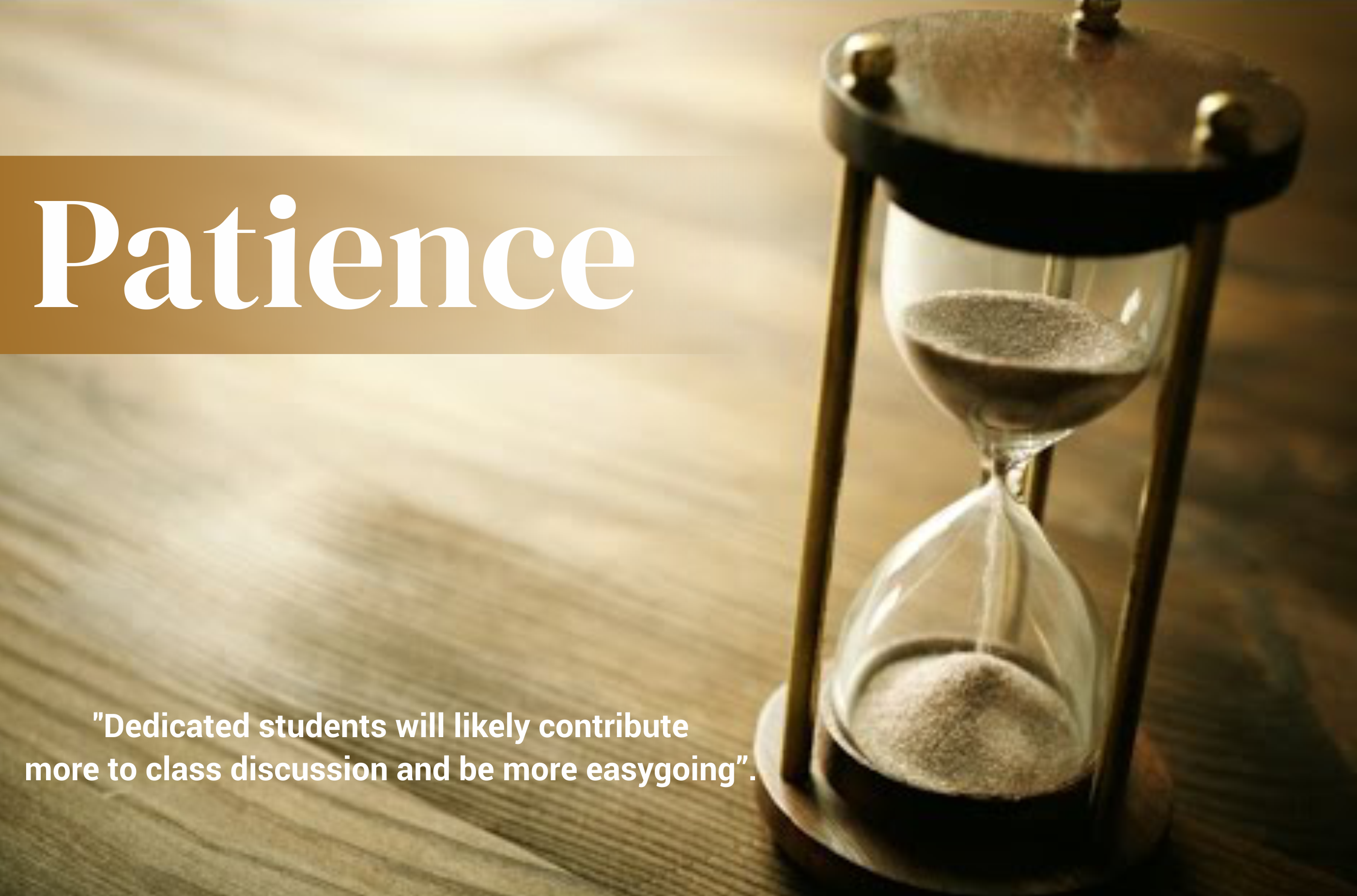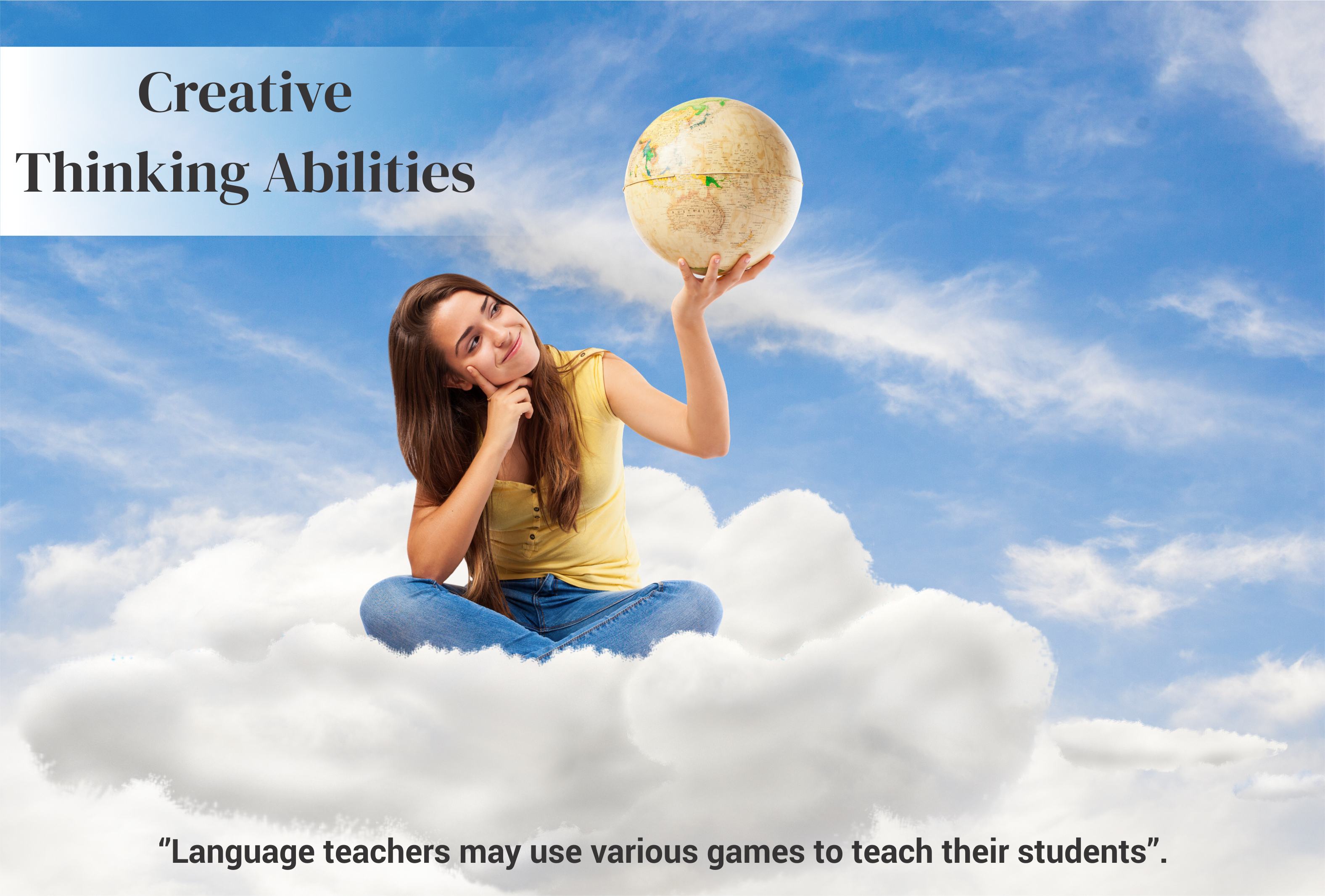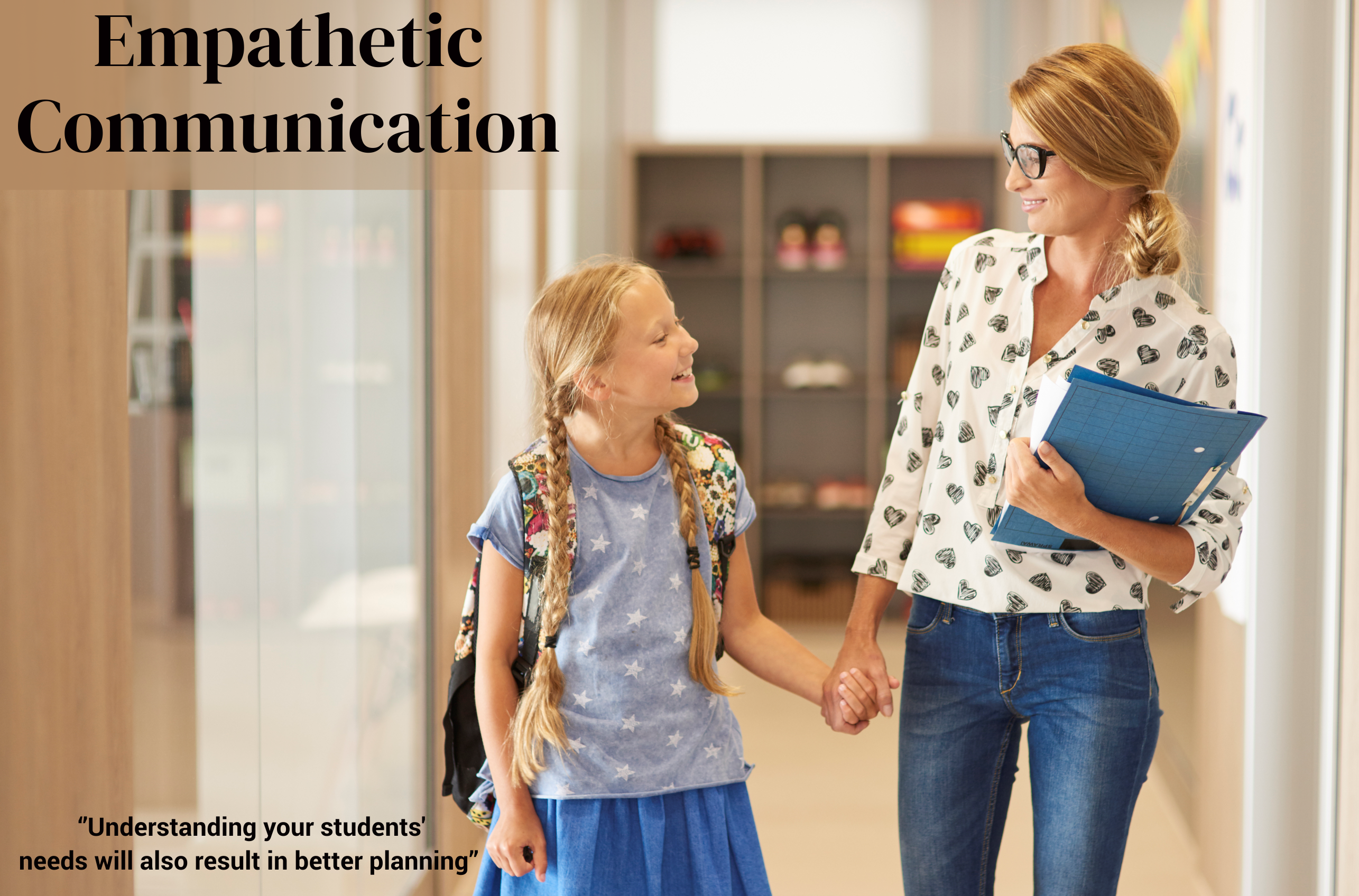15 Important Skills of a Teacher
The job of a teacher is very demanding, and they must use many skills to do their work well. Understanding what qualities make up a good teacher can help you prepare for this career. In this article, we will read about the 15 most important skills of a classroom instructor and provide you with some tips for developing them on your own.
What kinds of people are not meant to be teachers? Many people think that you need a graduate degree to be a teacher and are surprised to find out that this is not the case in several states. However, it is a good idea to have at least an undergraduate degree before entering the teaching profession. Those who want to become teachers should also enjoy working with children as well as being organized and detail-oriented. Also helpful would be if they were creative problem solvers and good with details. A love for reading, writing and knowledge about various subjects will make them more effective educators. It's also smart for potential teachers to know what kind of working conditions they may face on a daily basis; such as discipline problems or class sizes.
What are the skills needed to be a teacher?
Teachers are a varied group of professionals who juggle many responsibilities. This includes planning and instructing students, dealing with administrators, interacting with parents, and managing their own personal growth on the job. Teachers have to be patient leaders as they look for ways to make learning an engaging environment that will foster development in students because teachers cannot rely solely on formal training or education; They also need guidance from mentors who can help them navigate through this constantly changing field full of changes every day.
They also need to be competent in class management- students with difficult home lives can have issues that directly impact their learning ability and performance. Teachers may find that a student has been ill, or had a death in the family and needs special assistance such as time off from school work. Teachers also often end up serving on an array of committees at school. These range from curriculum, and assessment strategy to behavior management policymaking.
There is no shortage of challenges for teachers today. They are constantly looking for ways to increase engagement while meeting state requirements—a task that's easier said than done."
Teachers often have to facilitate communication between the school and its students, parents, or even other teachers. They also need a combination of hard skills like experience with working in an academic environment as well as softer skills such as communicating effectively with people from different backgrounds.
1. Critical thinking skills
Teachers who are adept at critical thinking can work toward their institution's goals while also considering the needs of their students. Their choices have a great impact on their student's success in early and secondary grades. They must also be aware of parents' concerns for discipline, expectations, and the classroom environment. Critical thinking skills are important for teachers because they help them to make better decisions and respond appropriately in different situations.

2. Patience
Teachers of all levels should know that their classrooms will represent a variety of cultural backgrounds, learning styles, and intellectual abilities. Dedicated students will likely contribute more to class discussion and be more easygoing, but many students present other challenges such as conflicts and disruptions. Teachers should be able to keep their students cool in such situations while maintaining a balance between their own expectations and the student's unique personalities.
3. Communication skills
Teachers should ideally be skillful at verbal, written, and physical communication. Strong verbal skills entail that teachers articulate their lesson materials and expectations clearly while presenting concepts in a way that students can understand. When teachers stand tall in the classroom, smile often, and make eye contact with their students, they seem confident and kind which will likely lead to more student engagement in the course. Teachers should know how to apply the "50/50″ rule. This means that 50% of the class time should be spent on teaching while the remaining 50% is devoted to student participation and discussion. Teachers who are more comfortable communicating with their students through digital platforms, for example via emails, should ensure they still engage their students in face-to-face interactions by teaching these skills as well.
Teachers who are strong at written communication can easily explain concepts or course materials in writing which may come across as easier to understand compared to a verbal explanation or an explanation over the Internet. Written explanations for difficult concepts can thus help both teachers and students alike avoid confusion about course expectations and requirements.
4. Organisational skills
To be effective, teachers must keep study materials and student assignments in order. A well-organized classroom should have all necessary tools like books and technology in a place where they don’t distract students. Classroom rules should be clearly stated and posted in the room. Checklists can help teachers make sure they’ve done everything necessary for planning, implementing, and evaluating lessons.
5. Good memory skills
Good memory is important to be an effective teacher as communication skills, which includes listening skills. Teachers must remember the names of all their students, some events that happened in the classroom, how old a student will turn this year (important for doing birthday or graduation/promotion party), any details from parents' meeting, and so on. Talking with different people every day means you have to create your own filing system where people are categorized according to their importance to you or how often you’re likely to see them again.

6. Creative thinking abilities
Teachers in all grades may use performances, media like videos, and music to engage students. Language teachers may use various games to teach their students. Also, they have to explain some things in a creative way so that students can memorize them better.
7. Asking questions and answering them
Teachers must be able to ask good questions (close-ended, open-ended, etc.) so that they can give tests and eventually know how much the student has learned. It also helps inquiry learning because asking questions is an important part of understanding something or getting answers from others as well as improving your communication skills if you are asking someone rather than talking about yourself all the time. The ability to answer questions depends on all other 5 abilities above: listening skills will help with taking notes fast enough; short-term memory will help.
8. Leadership skills
To show strong leadership skills, teachers must sustain their efforts outside the classroom. Leaders may take on new jobs to exert their influence, such as coaching a sports team or directing student clubs like chess and debating. Teachers with strong leadership abilities are more likely to advance in senior positions in schools and in the education system.

9. Ability to be empathetic towards students
Empathy is one of the most important skills a teacher must-have, especially when young children are involved. This skill enables teachers to understand what a student means by his or her behavior, which could help avoid discipline problems and thus maintain good relationships with colleagues. Understanding your students' needs will also result in better planning - you'll know which techniques work for each pupil and adapt accordingly. In turn, this should improve your relationship with parents too - perhaps they'd leave feedback about how their child has been progressing at school? Empathy can even lead to more understanding among students themselves, as they notice that their peers (and hence themselves) are respected.
10. Capacity for teamwork
Like leadership, teamwork helps teachers work together. Teamwork can help in meeting with other personnel at the school to come up with curriculums and practices for kids that suit them best.
Some of these meetings may be challenging as people have differing opinions, but leaders who possess strong teamwork skills will not take offense or feel threatened by the opinions of others. They will instead look at them as an opportunity to learn.
11. Reflection and growth
Great teachers think that there is always room for improvement in their profession. In fact, they see the reflection on their work as a crucial part of the job. For instance, they might ask themselves questions such as: "How could improve their methods accordingly. 14. Desire to help students reach goals
A very special ofI have handled this subject better?" or "What would I have done differently if given another chance?". Opportunities for reflection are especially important because times change - what was once considered best teaching practice may now be considered outdated. Finding ways to keep pace with changes in the field requires great teachers to constantly reflect on how they teach.

12. Time management skills
Opposing popular belief, teaching is not a 9-5 job. In addition to planning lessons and grading papers every night, teachers often spend their evenings and weekends expanding on classroom materials. If you want to have time for family time or personal activities, it will be important that you develop strong time management skills.
13. Computer skills
Today's classrooms are increasingly becoming digitally influenced. This includes technology use both inside and outside of the classroom, which is something teachers must take into account every day at work. These days, computer skills are necessary tools that enhance everything from lesson planning to grade work. There are lots of free online tools and websites that teachers can utilize for everything from photography to creating lesson plans.
14. Quirky sense of humor
If you know some jokes, a few riddles, or classical puns, that may make your students' day (and yours). Having a sense of humor is important because it helps students learn and who doesn't like a funny teacher. There are lots of websites with a huge amount of jokes, riddles, and puns. You can even download apps onto your phone for easy access to them in the classroom.
15. Conflict resolution skills
Effective teachers of younger students are able to manage conflicts. A teacher will recognize when young learners have disagreements over sharing items like books, toys, or games and be able to quickly confer with them on the issue. The effective teacher will also display patience and active listening throughout the discussion until each side is satisfied and compromise is achieved. The teacher will then reinforce the solution that has been reached with the class, for example by questioning each student on their contribution to getting more of them involved in positive discussion.
Comments
I am a management consultant by profession. Turned into an investor and later on, the founder and CEO of EmpowerYouth.com. My inclination towards helping the country has led me to focus on Youth, MSMEs (small and medium enterprises) and entrepreneurs. I have great faith in Indian economy's future with these three major backbones I want to play my small part in any way possible, EmpowerYouth.com is my small part by which I wish to Empower the young Generation and strengthen the MSME in India.







